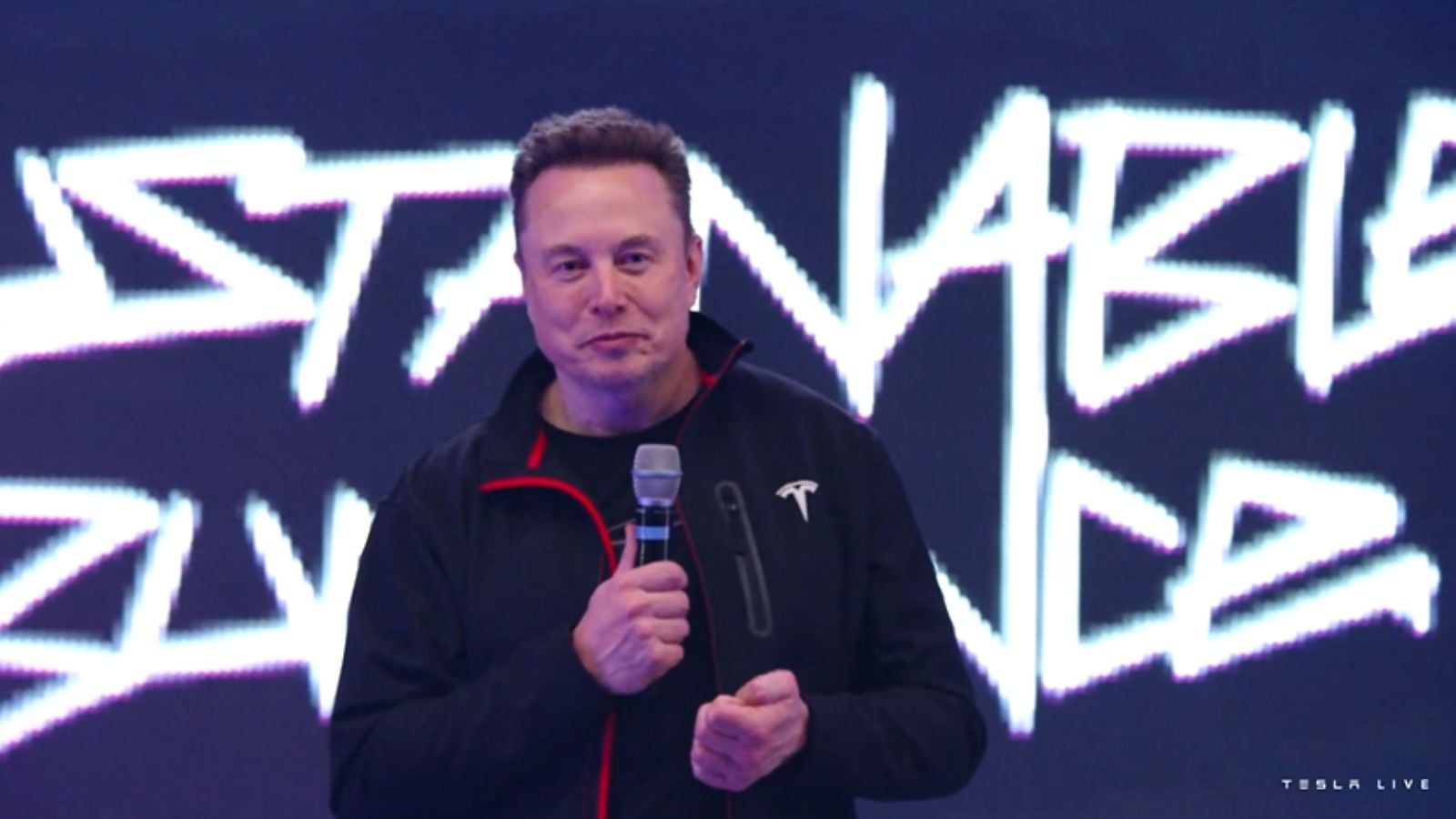
Elon Musk's $1 Trillion Pay: Key Man Risk Unveiled
Elon Musk's potential $1 trillion pay package from Tesla has ignited a significant debate, particularly around the concept of "key man risk." As the world's richest man, Musk has secured a record-breaking compensation deal that has raised eyebrows among shareholders and critics alike. The Tesla board contends that without Musk, the company could face dire consequences, thus justifying this unprecedented payout.
However, this reliance on a single individual poses inherent risks. Critics argue that it is dangerous for any large business, especially one with public shareholders, to be overly dependent on one person. Musk's past promises of innovation and growth have not always materialized, leading to questions about his leadership. For instance, despite assurances of driverless taxis and sales growth, Tesla has struggled in key markets like China and Germany.
The notion of "key man risk" is not unique to Tesla; it is a growing concern across many major corporations. If a pivotal figure like Musk were to leave, it could destabilize the company significantly. This reliance on one individual can be seen as both a badge of honor and a potential liability. The ongoing debate highlights a troubling trend where companies may prioritize the whims of a single leader over collective success.
Supporters of Musk's pay package, including prominent investors, argue that he is "indispensable" for Tesla's future. However, critics, including major public pension funds, see the compensation as excessive and a sign of growing wealth inequality. Even the Vatican has weighed in, warning against a focus solely on monetary value at the expense of broader social issues.
As Tesla navigates this controversy, the implications for corporate governance, shareholder interests, and leadership sustainability are profound. The situation raises essential questions about the future of big businesses and whether they can thrive without being tethered to a single individual. The outcome of this debate could shape the landscape of corporate leadership moving forward.










